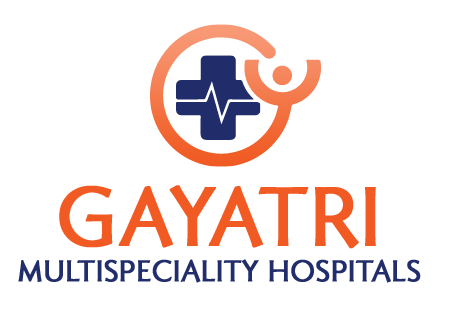Chronic obstructive pulmonary disease, normally known as COPD, is a group of progressive illnesses of the lungs. Progressive implies that this infection deteriorates after some time. These are chronic inflammatory diseases characterized by airflow obstruction. Individuals experiencing COPD are at a higher danger to be determined to have other heart issues, lung cancer, and different conditions. It has no cure, however, with proper management and suitable COPD treatment in Ongole, an individual can achieve control over the symptoms, reduce the danger of other related illnesses, and also lead a quality life.
Signs and symptoms of COPD
- Shortness of breath, particularly during physical activities
- Wheezing
- Chest tightness
- Chronic cough that might produce mucus (sputum) that might be clear, white, yellow, or greenish
- Frequent respiratory diseases
- Lack of energy
- Unintended weight loss (in later stages)
- Swelling in feet, ankles, or legs
Individuals with COPD are additionally prone to encounter episodes known as exacerbations, during which their symptoms become more awful than the usual day-to-day variation and persist for at least a few days.
When to see a COPD specialist
- Talk to your pulmonologist in Ongole at a chronic obstructive pulmonary disease hospital if your indications are not improving with treatment or getting worse, or then if you notice manifestations of an infection, like fever or an adjustment of sputum.
- Seek immediate clinical care if you can't pause and breathe, if you experience serious blueness of your lips or fingernail beds (cyanosis) or a fast heartbeat, or if you feel hazy and experience difficulty concentrating.
